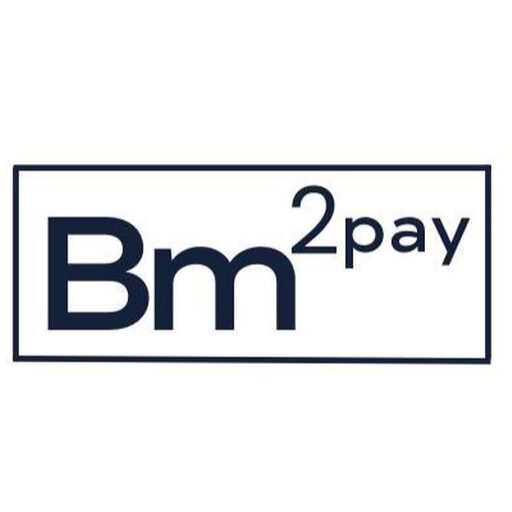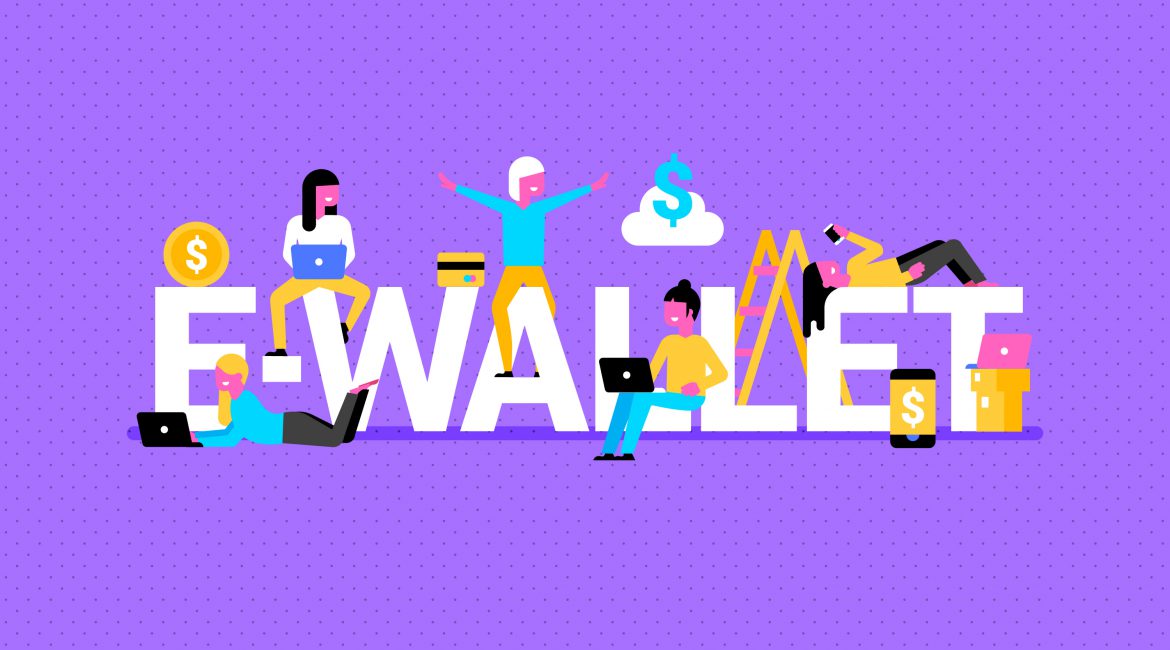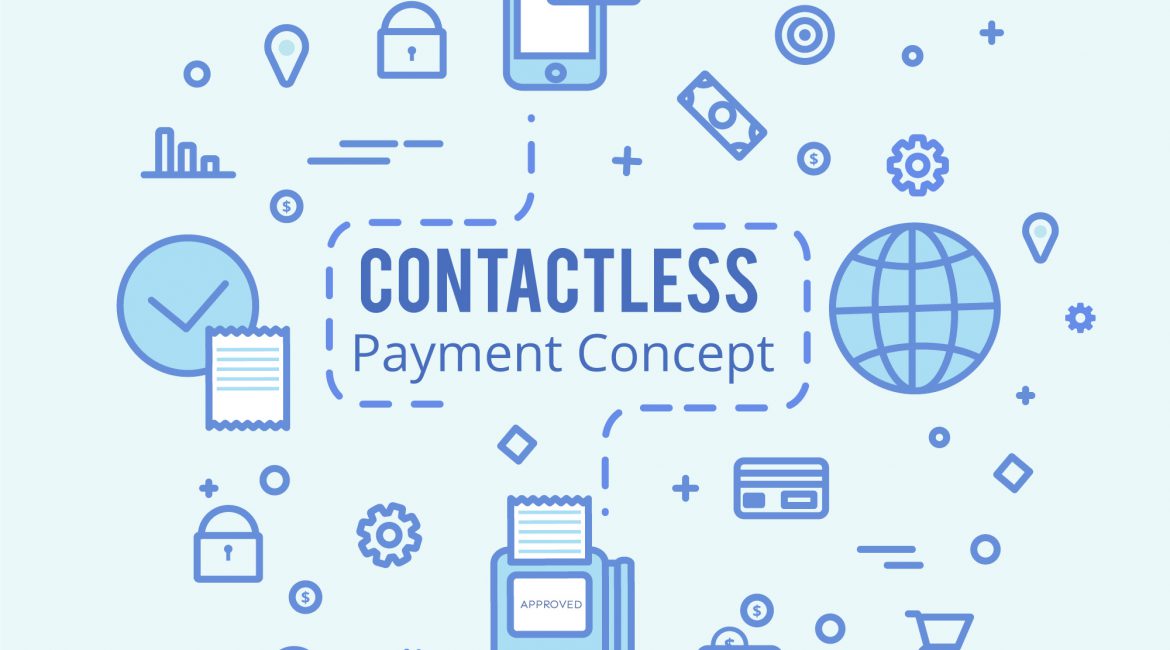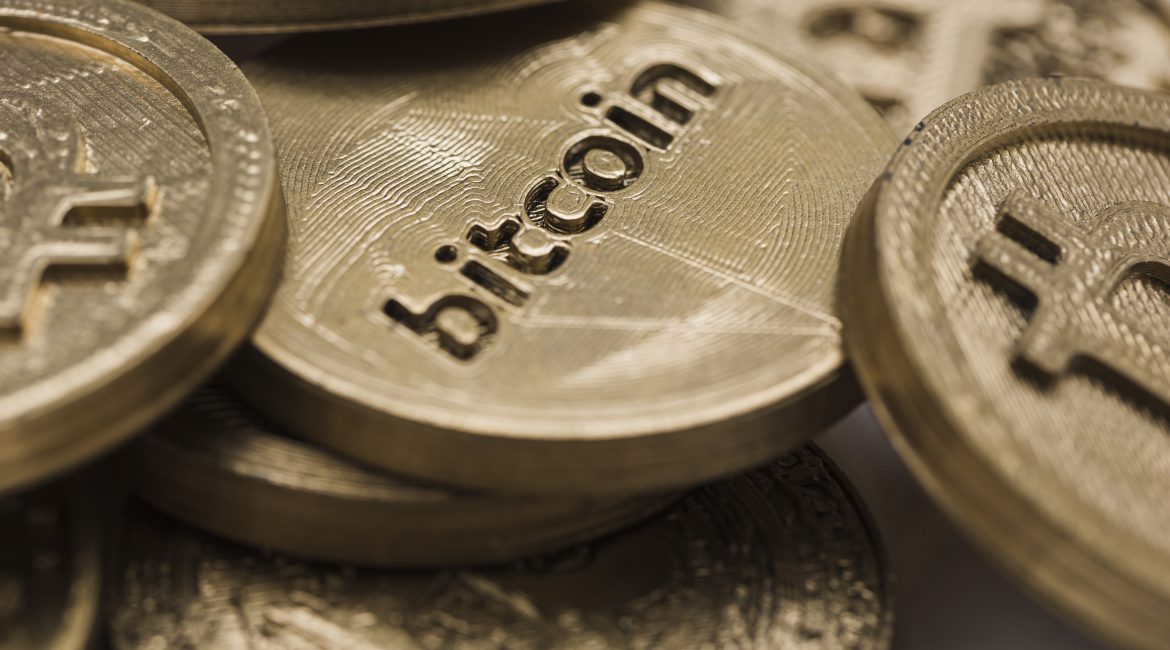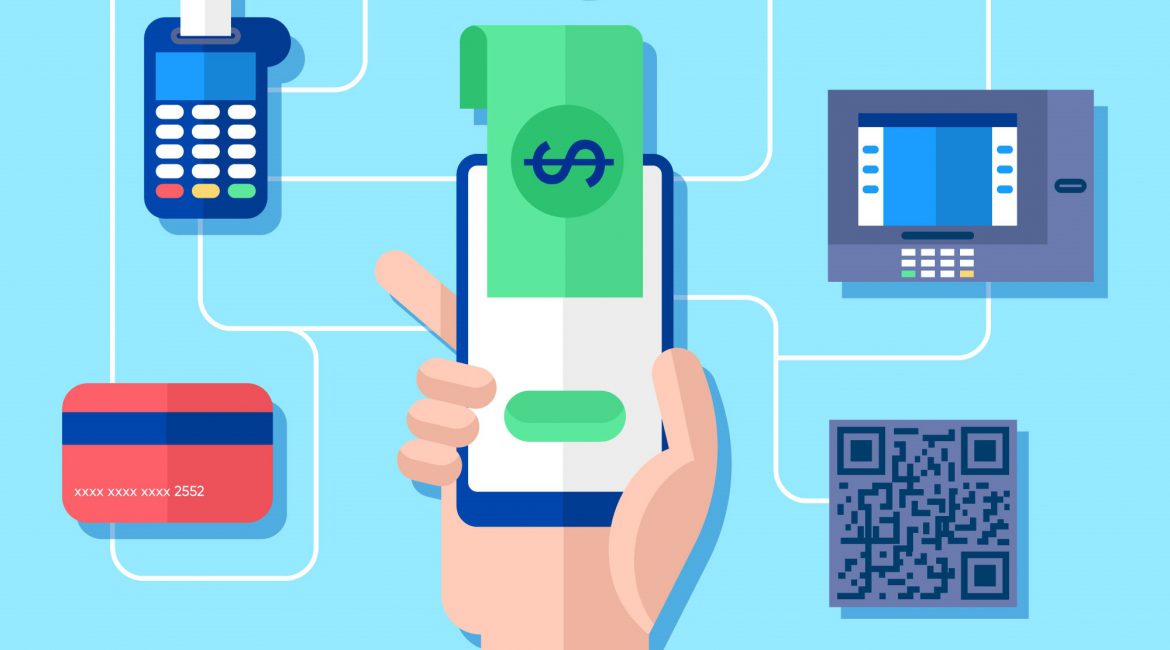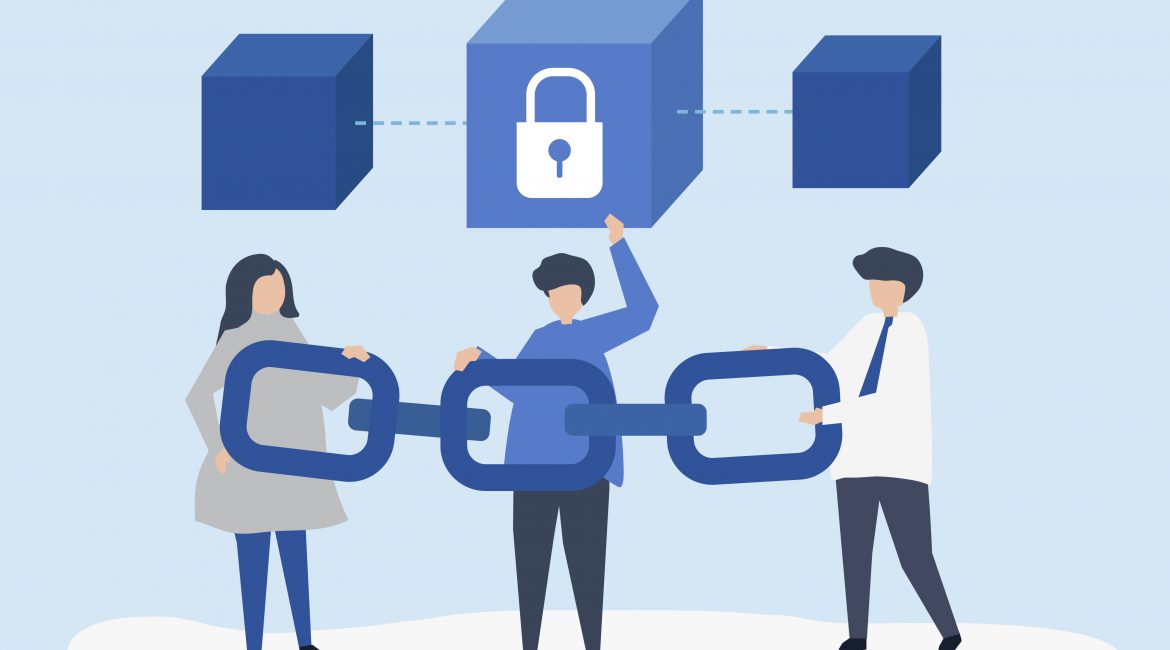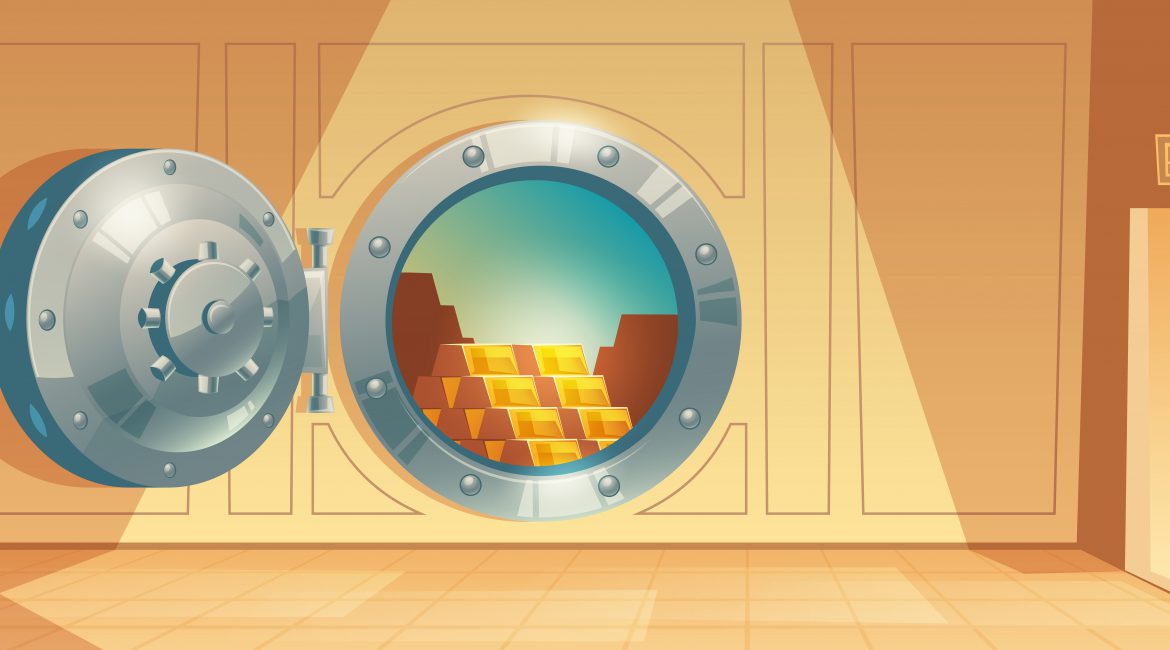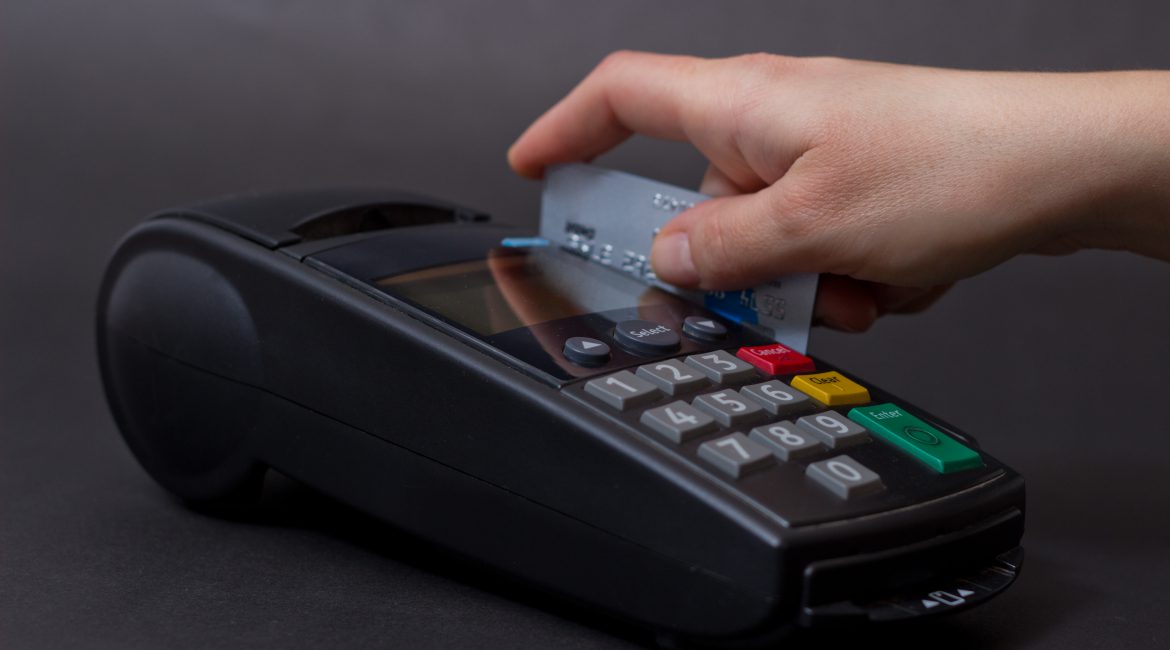The E-wallet is an electronic device or online service that enables a user to perform electronic transactions. The consumer’s bank account, debit card or credit card can be linked directly to the digital wallet, making payment instant and frictionless. Aside from performing payments, some E-wallets can also store important functions such...
CONTACTLESS PAYMENTS
Investopedia defines contactless payments as a secure method for consumers to purchase products or services via debit, credit or smartcards (also known as chip cards), by using RFID technology or near-field communication (NFC). When making a contactless payment, the user taps their card near a point-of-sale terminal. This type of payment...
GDPR
The General Data Protection Regulation (GDPR), which was enacted in May 2018, is a legal framework that standardizes the collection, processing and storage of personal information from individuals who live in the European Union (EU). GDPR applies to any company that markets products or services to EU residents, regardless of where it is...
CRYPTOCURRENCY
Blockgeek defines cryptocurrency as a digital currency built with cryptographic protocols that make transactions secure and difficult to fake. Cryptocurrencies are decentralized, meaning they are not subject to government control or regulations. Thus, transfers can be made with low processing fees through the use of public and private keys for security...
MERCHANT ACCOUNT
A merchant account enables businesses to process online credit and debit payments. Your payment gateway or payment platform deposits the funds aggregated from credit card sales in that account. Based on your agreement with the payment processor, the funds are automatically transferred from your merchant account into your business bank...
TOKENIZATION
Tokenization refers to the process of replacing sensitive data with unique identification symbols that retain all of the essential information without compromising its security. In order to attain PCI compliance, when a business processes payments, sensitive data must be encrypted. Tokenization is used to store credit card details so that...
RECURRING PAYMENTS
Some online merchants offer ongoing services, such as gyms, yoga studios, gaming and other sectors, that necessitate a recurring payment model. Certain industries, such as gaming, casino, adult entertainment and cell phone service providers, are considered high risk due to the fact that revenue is based on this payment model....
PSD2 REGULATION
Enacted by the European Commission, the PSD2 regulation took effect in January 2018. The aim of the regulation is to better protect consumers when they pay online, promote the development and use of innovative online and mobile payments, for example through open banking, and make cross-border European payment services less costly...
POS (Point of Sale)
A Point of Sale (POS) is the site where a customer makes payment for items or services whether the transaction takes place in a physical store, where POS terminals are used to process card payments, or a virtual sales point such as a computer or mobile device. The POS provides...
PHISHING
Phishing is a veteran method used by hackers to gather personal information through deceptive e-mails and websites that seem legitimate. The attacker attempts to trick the email recipient into believing that the message is something they need. It might take the form of a request from their bank, or a...
